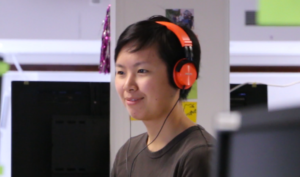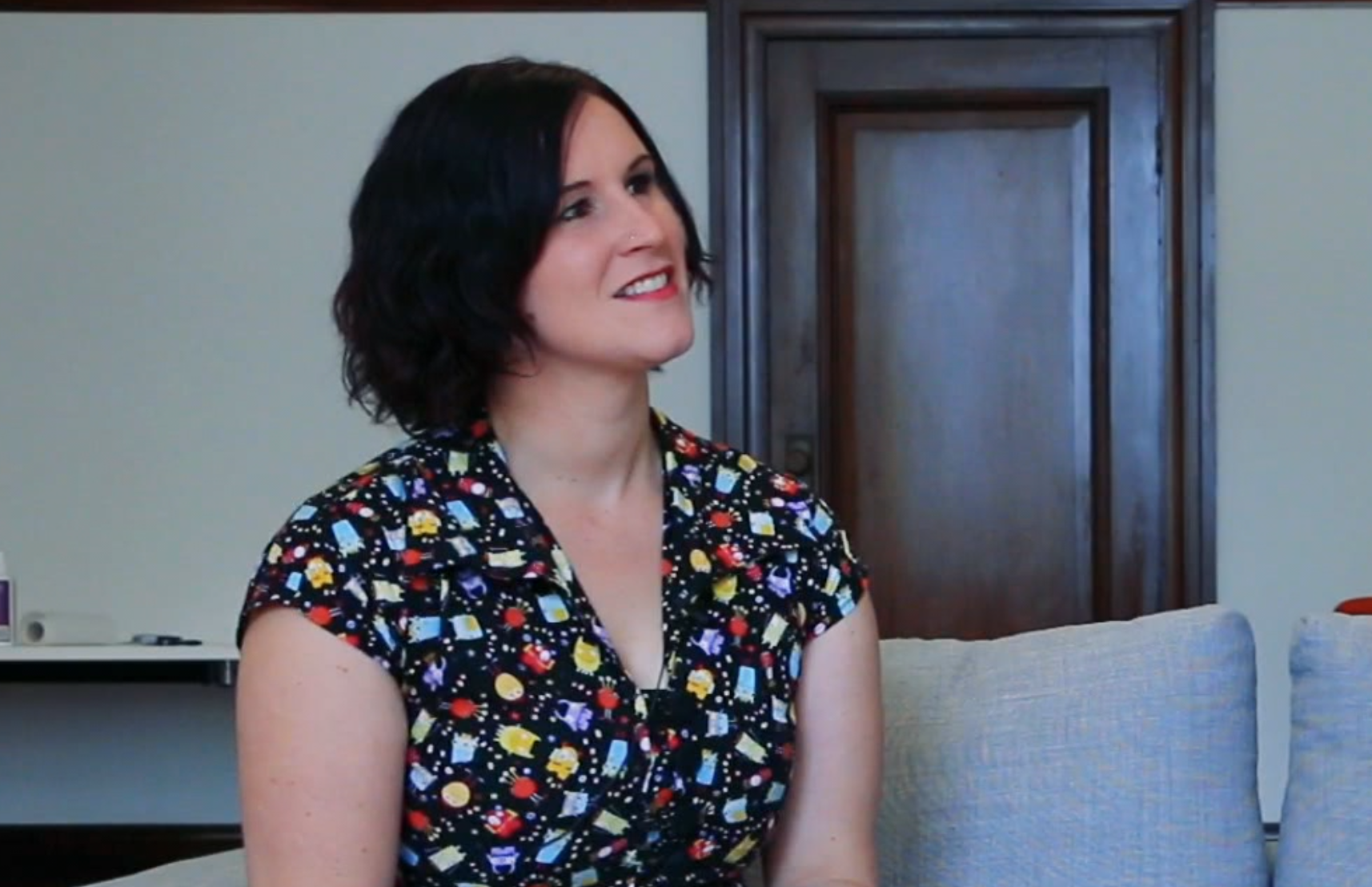Insights on Women in Tech
In a recent interview with Confluence developer Denise Unterwurzacher for Atlassian Tech TV, in addition to discussing the role of technical support in Atlassian and her move from that role to software development, we also tackled the topic of women in tech. In all honesty, I was nervous even asking her about it because while it’s an important topic, I didn’t want to put her on the spot and suggest that just because she is a woman in tech that she would want to dig into the subject on camera. As it turned out, Denise was not only keen to share her experiences, but she also provided some fascinating insights and a couple of stories that completely surprised me.
As the technology industry faces up to its lopsided stats and seeks to address its terrible lack of diversity with initiatives and awareness programs, there is a lot that individuals can do — men, women, and people who identify with less traditional binary sex and gender definitions. As with many companies, Atlassian has initiatives in place to attract and retain qualified women in engineering positions to address the imbalanced ratio of men and women in tech.
What can I do as a white, heterosexual, cisgender man? Aren’t I the problem? No. I’m not the problem, it’s attitudes and behaviors that are the problem, and like anyone else, I need to work and learn to overcome unconscious bias. As a part of this work, it’s important to find out more about other people’s perspectives. My interview with Denise uncovered some interesting new angles I hadn’t considered.
One of the boys
Some women are happy being “one of the boys” and Denise confesses she is one of these women. But, Denise explains, many other women need to feel less like an outsider in order to enter or stay in a technology career. It’s not necessary or helpful for men to feel threatened by this fact. There are a range of perspectives and experiences. Something I hadn’t considered was the role those women play who are comfortable being in the minority, the women who might be more likely to find themselves as the only woman on a team.
I was used to being the only girl in the entire team, just one of the boys, which is fine. That works for some people and it doesn’t work for others. I was actually talking with another girl at Atlassian recently and she mentioned that even though she’s happy being one of the boys, maybe it actually makes other women less comfortable to even attempt to join technology. So she sees it as part of her responsibility to be welcoming to the other women as well. I think it’s very important and it’s something that a lot of women forget about or just aren’t really aware of.
I am the woman around here
Recalling her earlier years in system administrator roles at other companies, Denise tells a surprising story she’s seen play out, saying that there are times when “women in tech can be their own worst enemies.”
There’s often one woman and she’s used to being the one woman in the team and if you come in as another woman, I’ve actually had a couple of women be very unwelcoming and very hostile. “I am the one of the boys and you’re not invited!”
It’s worth emphasizing that Denise’s experience won’t match that of every woman and may not even be typical but it sure gives us some insight into the details that help us appreciate diversity.

While it’s understandable that the industry narrative challenges men to practice more inclusive behaviors as a part of making the next waves of women feel welcomed into technology roles, Denise also encourages women to adopt the same attitude, highlighting the importance of the way women already in tech behave.
Bias and privilege
I’ve noticed a tendency towards denial that there is a problem, both in my own knee-jerk reactions and in hasty responses by other well-meaning men when faced by the fact as Denise puts it that many women are always “made to feel hyper-aware of their difference.” Not being conscious of what we do that contributes to people feeling alienated may make us think that there is no change we should make in ourselves. There are two problems with this. The first is that because unconscious bias is unconscious, we should not expect to detect its presence without awareness training. The second problem is that too frequently we can’t avoid being caught up in self-righteousness, fueled by the pride of our self-image as a reasonable, educated and civilized human. We hijack the agenda with unwarranted outrage when what’s needed is empathy and focus on opportunities to help each other.

Men I’ve talked to can become too easily stuck on the unpalatable idea that they might be contributing to the problem. To help prevent being derailed by paralyzing indignation, it’s helpful to stop seeing it as women vs men battle lines. Not only men suffer from unconscious bias.
Everybody has bias and everybody has privilege — it’s very difficult to be without all of those things. You just have to be aware of it. When it does come up if someone makes you aware of something that you’ve done, you just have to step outside yourself for a moment and understand where it comes from.
Being a man in tech includes certain privileges such as being invisibly free from that experience of being an outsider — the notable exception being women in tech events which have become more prevalent in recent years. Denise confirms my experience that women generally welcome participation and help from men in these events, but obviously, at some point, if there are too many men in attendance, it ceases to be a women in tech event.
Some people question whether women in tech events are the right path. Clearly they’re a response to the need for change. Denise reports that some of her friends suggested that this is a kind of segregation that makes a bigger problem but Denise does not agree.
I think that’s not true. There is a problem already. There is a problem with the representation of women in tech. That’s not a secret. It hasn’t come about because of women in technology events. Women in technology events don’t make it worse, and not having them — ignoring it — is not going to make it better. This problem isn’t going to go away on its own.

Unconscious bias is something I assume to be at work in me as it is in everyone. Do I encourage my son in his interest in robotics more than I encourage my two daughters to develop technology skills like coding and electronics? Taking control of technology and being tech literate is useful even for someone not interested in a technology career.
I’m not sure what being “in tech” will even mean by the time my kids finish school but if we get Denise’s way, my daughters wouldn’t be thinking about being “women in tech” any more than I do today about “what it’s like being a man in tech”.
I really hope that in ten years, twenty years, I don’t know how long, but I desperately hope that some day people look back and wonder why on earth we had women in tech events because it just seems absurd. But we’re not there yet.
Subscribe to Atlassian Tech TV to make sure you catch upcoming episodes and while Denise doesn’t tweet you should watch the first part of my interview with Denise to hear her thoughts on technical support culture and paths to careers in technology and you can follow me, Chris Mountford on Twitter: @chromosundrift